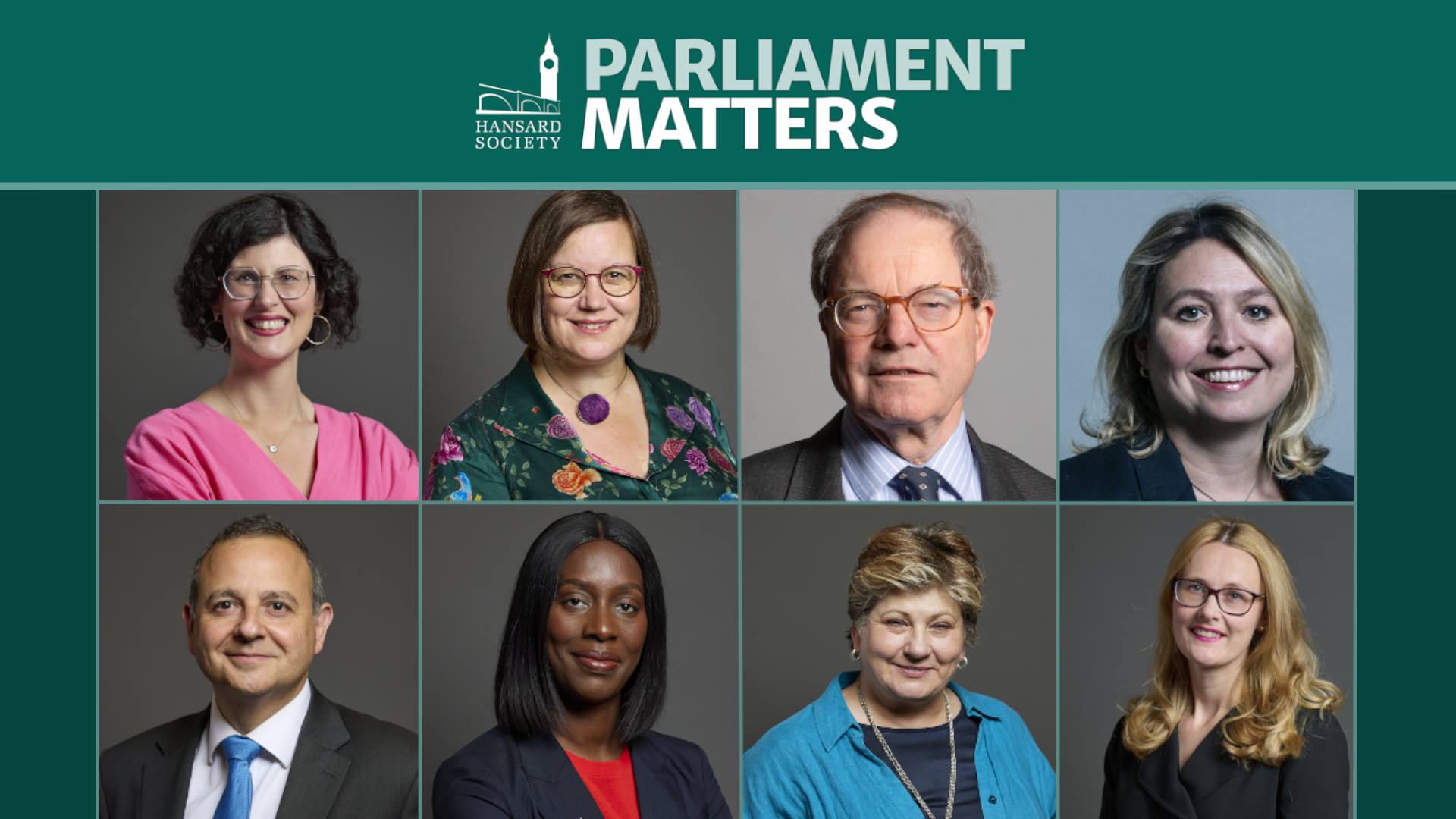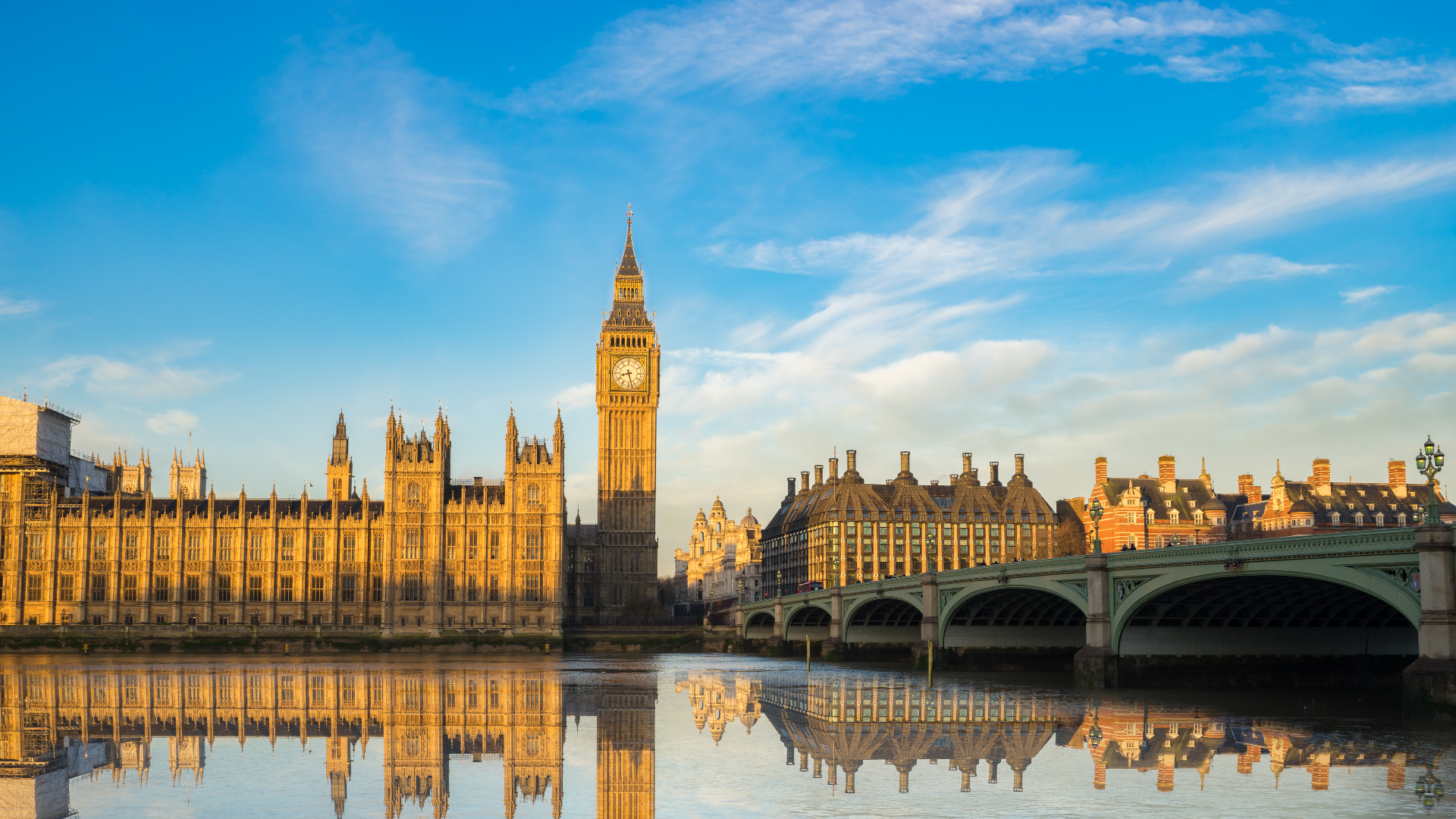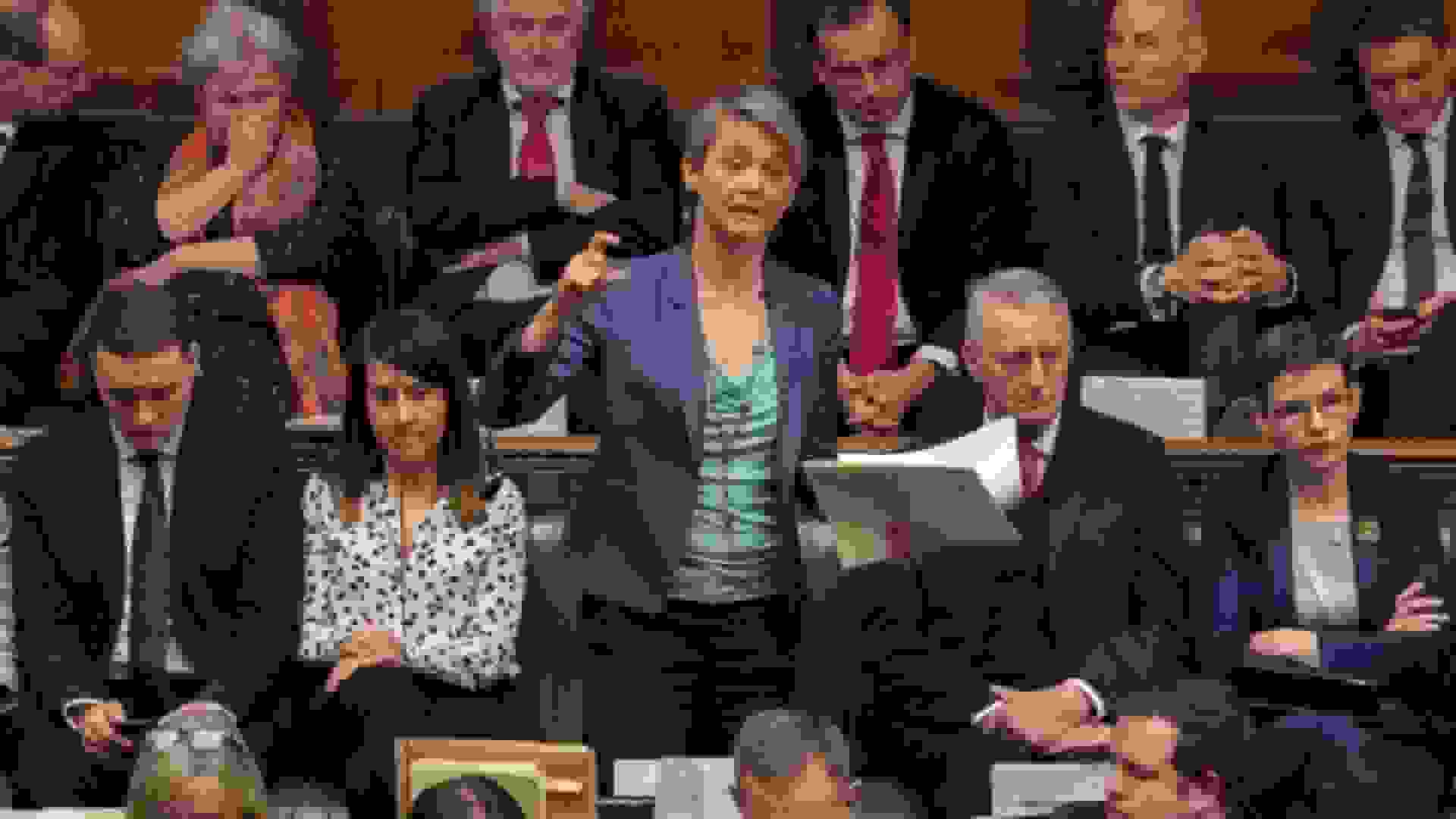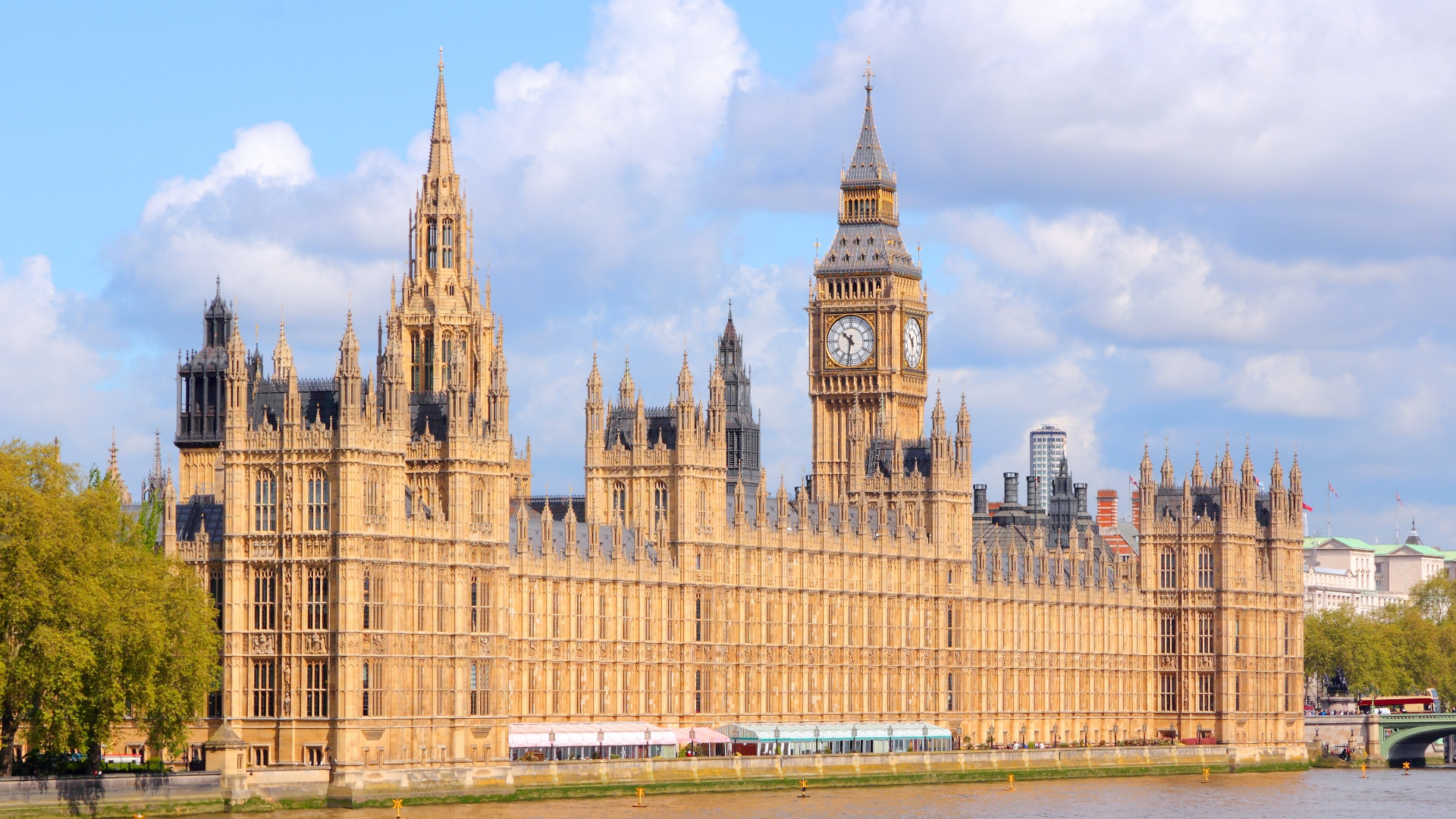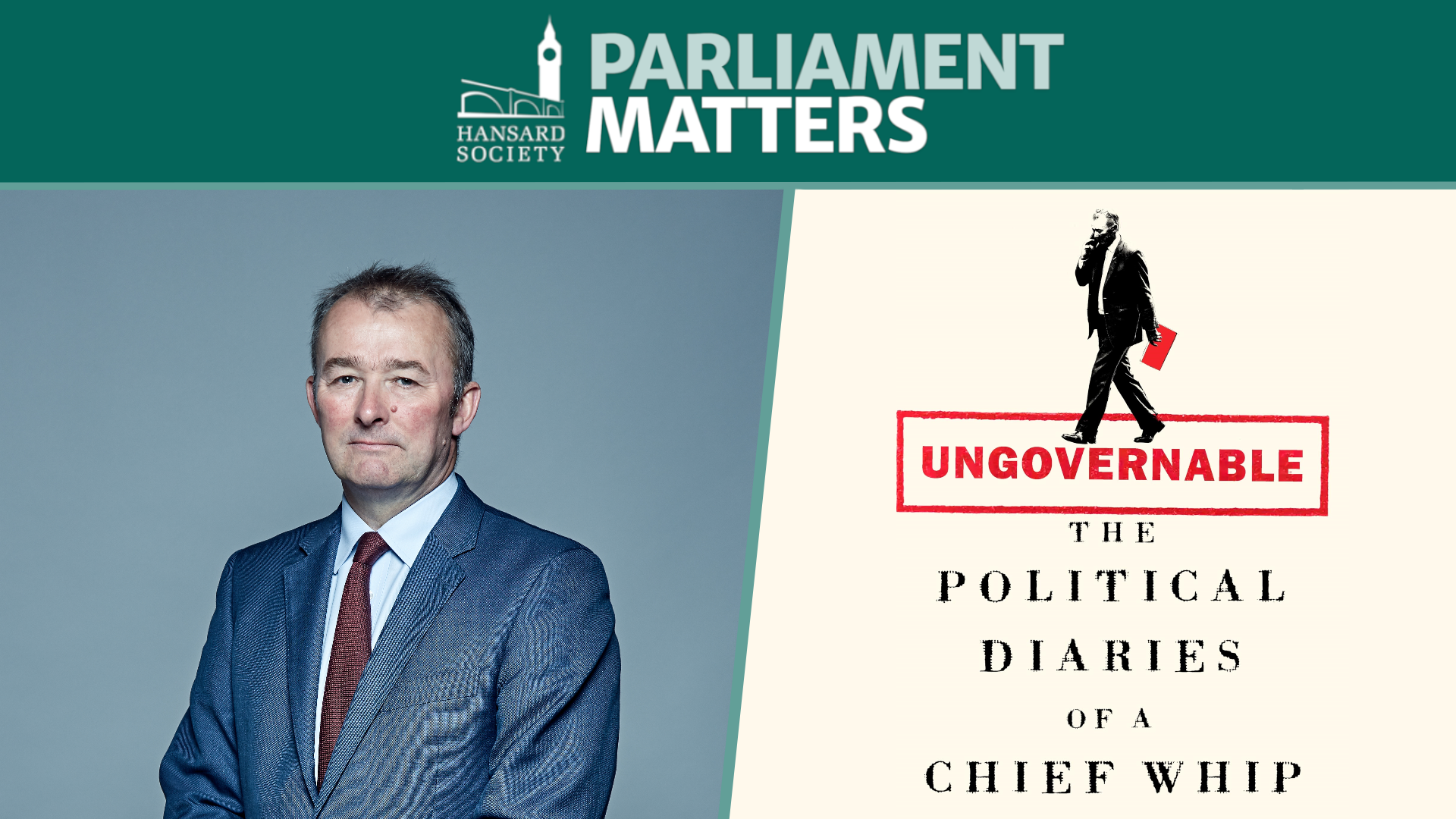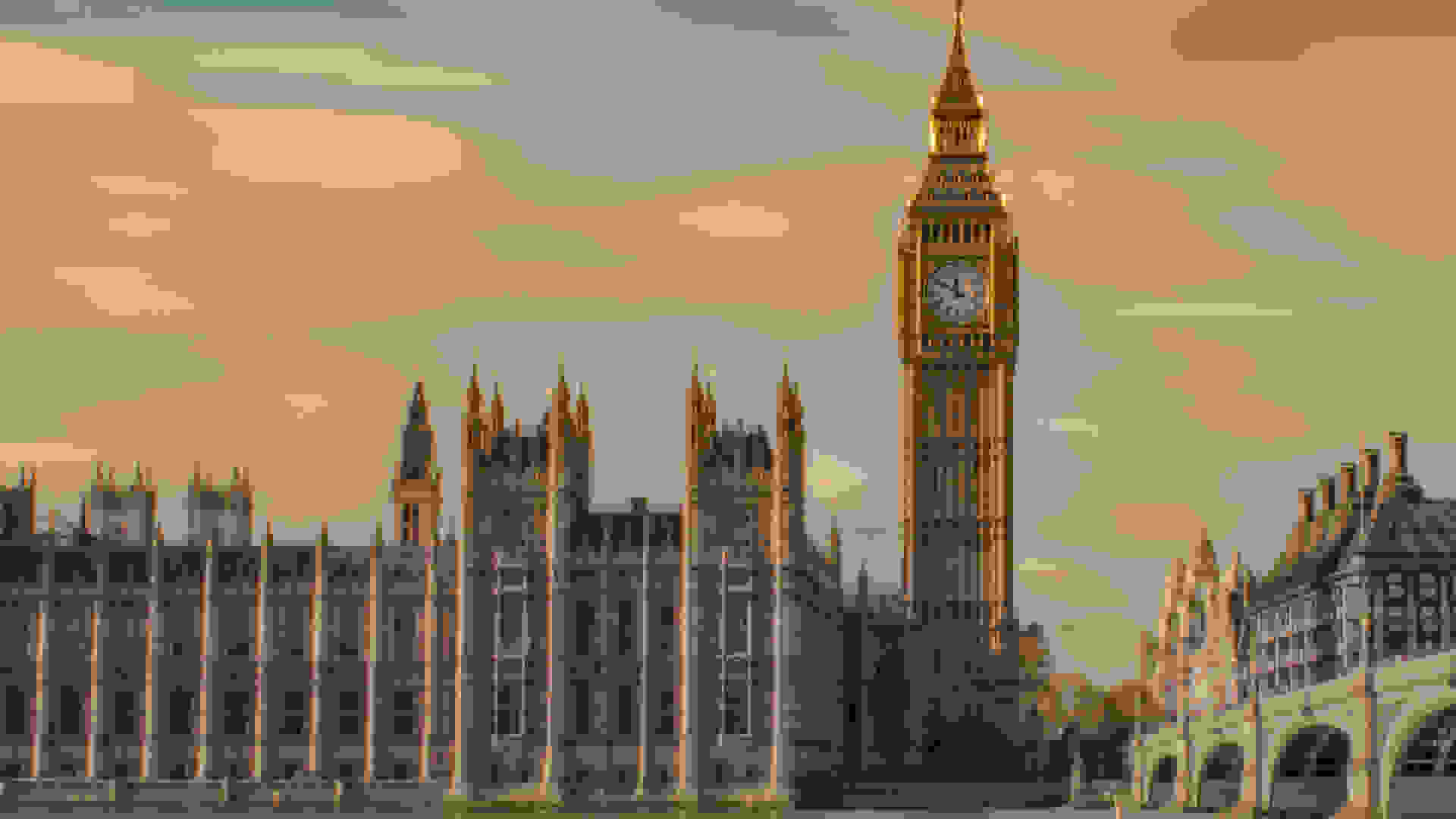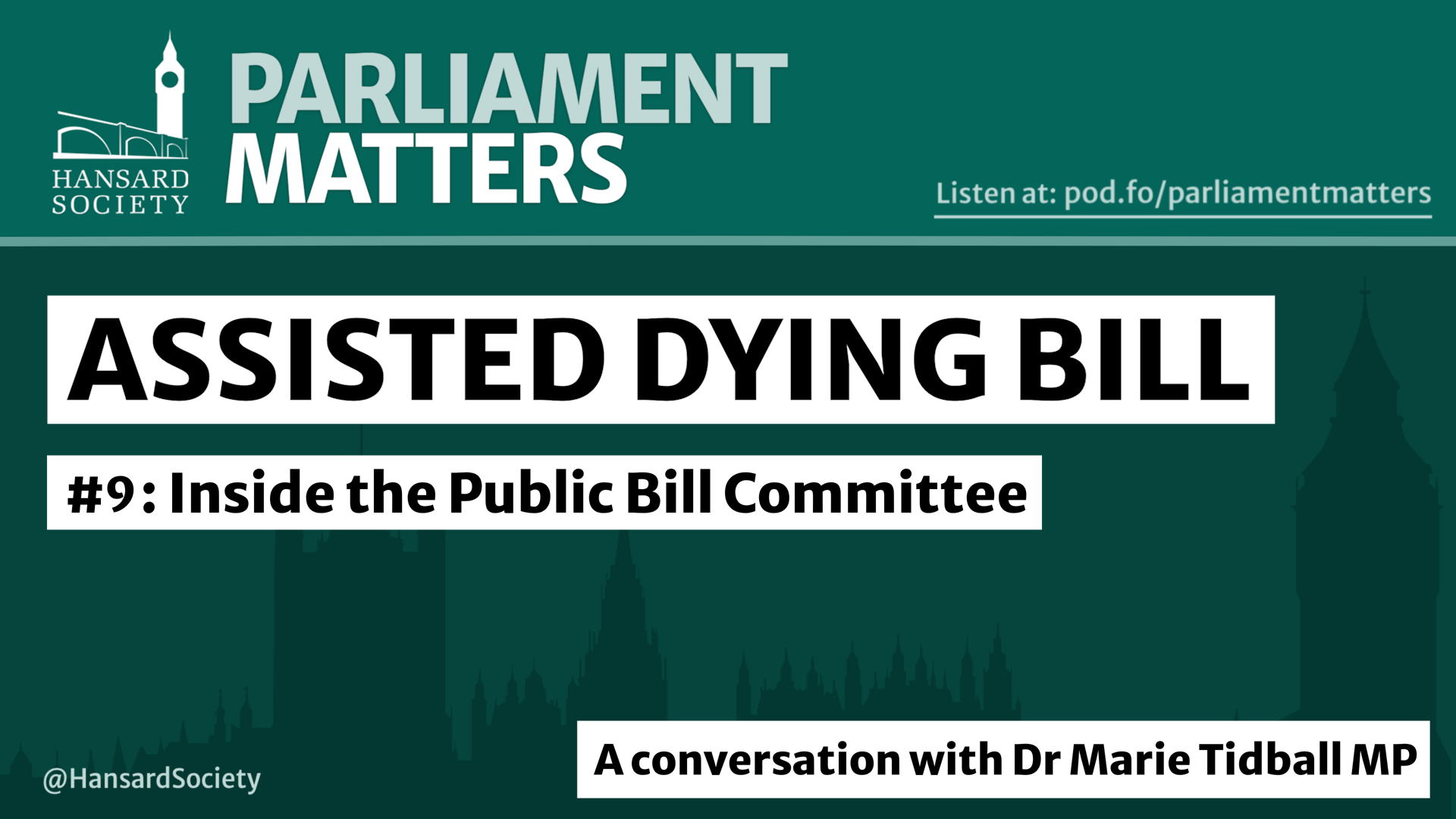News / Select Committee chair elections: who won and can they work together? - Parliament Matters podcast, Episode 47
In this episode, we explore the outcomes and implications of the latest Select Committee Chair elections in Parliament. The newly elected chairs will play a pivotal role in scrutinising the government, but can they effectively work together? We talk to Dr. Marc Geddes, a leading expert on Select Committees, who highlights how this year’s competitive elections compare to previous parliaments and what that could mean for committee dynamics in the future.
